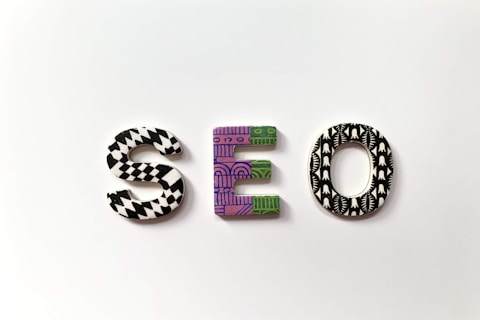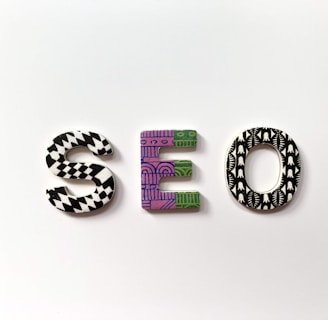Digital Marketing: The Future of Business Growth
Digital marketing is the practice of promoting products, services, or brands using online channels and digital technologies. It has revolutionized the way businesses connect with their audiences, allowing for precise targeting, real-time analytics, and cost-effective strategies. From search engines to social media platforms, digital marketing provides endless opportunities for businesses to grow, engage, and convert customers.


Types of Digital Marketing
1. Search Engine Optimization (SEO)
The process of optimizing a website to rank higher on search engines like Google and Bing.
Involves keyword research, on-page SEO (content optimization, meta tags), and off-page SEO (backlinks, social signals).
Helps increase organic traffic and improve website visibility.
2. Pay-Per-Click Advertising (PPC)
A paid marketing strategy where businesses bid on keywords to display ads on search engines or social media.
Google Ads, Facebook Ads, and LinkedIn Ads are popular PPC platforms.
Provides immediate results with measurable ROI.
3. Social Media Marketing (SMM)
Promoting content, products, and services on social media platforms like Facebook, Instagram, Twitter, LinkedIn, and TikTok.
Involves organic posting, paid advertising, influencer collaborations, and community engagement.
Helps in brand awareness, lead generation, and audience interaction.
4. Content Marketing
Creating and distributing valuable, relevant, and consistent content to attract and retain a target audience.
Includes blogs, articles, videos, infographics, e-books, and podcasts.
Helps establish authority, improve SEO, and nurture customer relationships.
5. Email Marketing
Sending personalized emails to potential and existing customers for promotions, newsletters, and updates.
One of the most cost-effective digital marketing strategies.
Helps in lead nurturing, customer retention, and direct communication.
6. Affiliate Marketing
A performance-based marketing strategy where businesses reward affiliates (partners) for driving sales or traffic.
Commonly used in e-commerce and blogging industries.
Involves commission-based earnings for affiliates promoting products.
7. Influencer Marketing
Partnering with social media influencers to promote products or services.
Leverages the influencer’s credibility and large following to drive brand awareness.
Works well on platforms like Instagram, YouTube,
8. Video Marketing
Using video content to promote a brand, educate customers, and engage audiences.
Includes YouTube marketing, Instagram Reels, TikTok videos, and live streaming.
Highly effective in storytelling and increasing user engagement.
9. Mobile Marketing
Targeting customers via mobile devices through SMS, in-app ads, push notifications, and mobile-friendly websites.
Helps businesses reach users on the go and enhance user experience.
10. Online Reputation Management (ORM)
Managing and improving a brand’s online presence and reputation.
Involves responding to reviews, addressing customer complaints, and maintaining a positive image.
Essential for businesses in competitive industries.


Benefits of Digital Marketing
✅ Cost-Effective – More affordable than traditional marketing (TV, radio, print).
✅ Wider Reach – Connects with a global audience through online platforms.
✅ Targeted Advertising – Allows precise audience segmentation based on demographics, behavior, and interests.
✅ Measurable Results – Real-time tracking of campaigns with analytics tools.
✅ High Engagement – Encourages two-way communication with customers.
✅ Improved Conversion Rates – Optimized strategies lead to higher sales and lead generation.
Essential Digital Marketing Tools
🛠 Google Analytics – Tracks website traffic and user behavior.
🛠 Google Ads – Runs PPC campaigns for targeted advertising.
🛠 SEMrush & Ahrefs – SEO and competitor analysis tools.
🛠 Hootsuite & Buffer – Social media management platforms.
🛠 Mailchimp – Email marketing automation tool.
🛠 Canva – Graphic design tool for content creation.
The Future of Digital Marketing
With advancements in artificial intelligence, automation, and data-driven strategies, digital marketing is evolving rapidly. Trends like voice search optimization, AI-powered chatbots, interactive content, and personalized marketing are shaping the future. Businesses that adapt to these changes will gain a competitive edge in the digital world.
Conclusion
Digital marketing is a powerful tool for businesses looking to expand their online presence, attract customers, and increase revenue. Whether through SEO, social media, PPC, or content marketing, an effective digital marketing strategy can transform a brand’s growth and success in the modern era.


